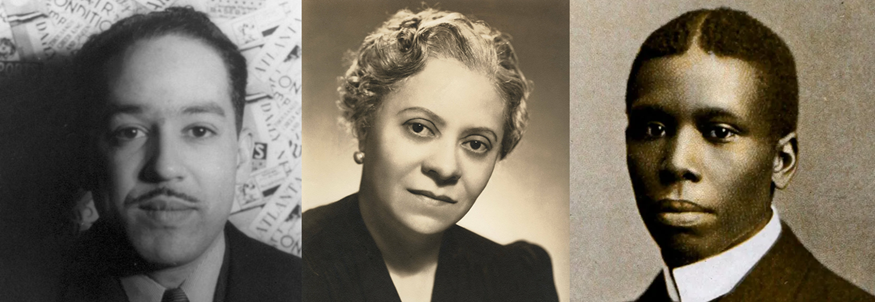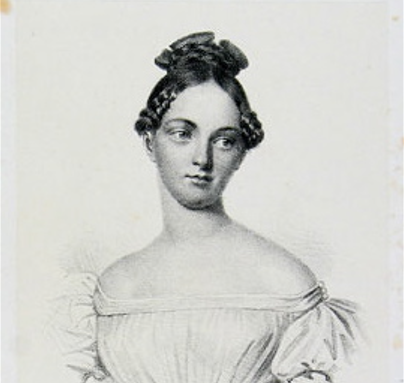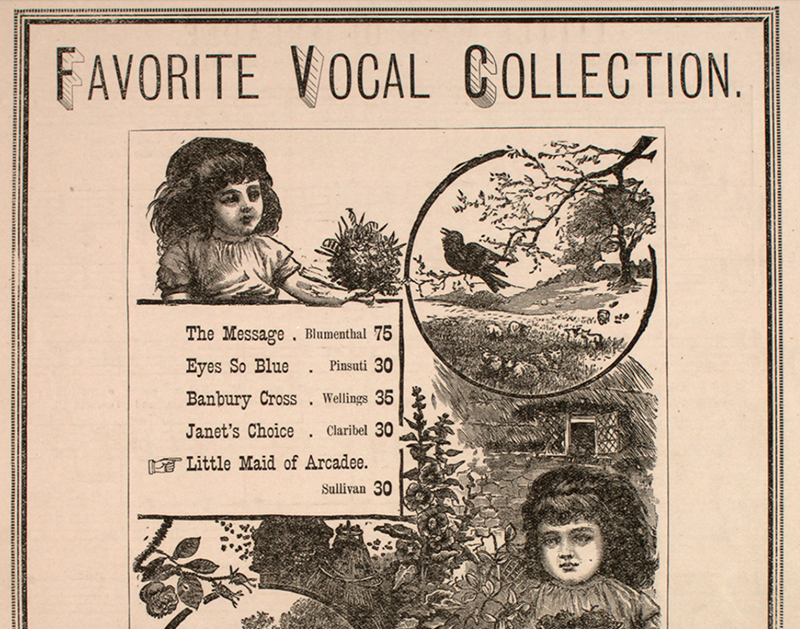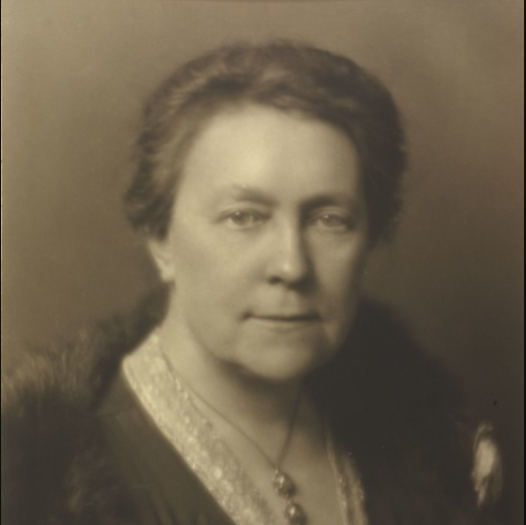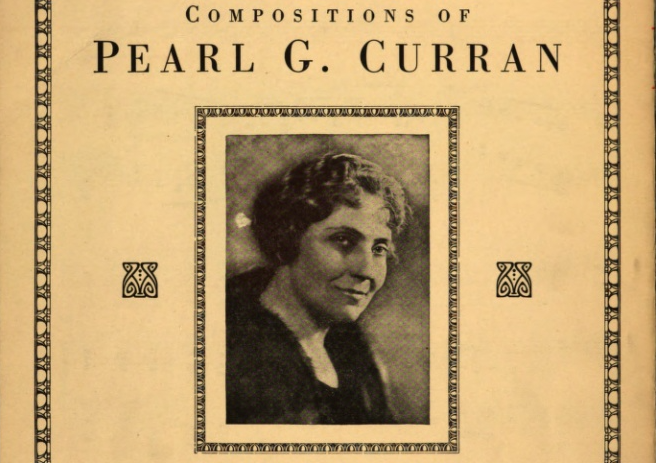Because of the intense interest in the music of Florence Price in the past decade, and because of many newly published editions of her previously unpublished music, the number of performances and recordings of Price’s many compositions has sky-rocketed. What follows is a playlist of eleven of her songs (and twelve stellar performances), songs that she composed to poems by several Black poets: four by her friend Langston Hughes, four by Paul Laurence Dunbar, and three by Black women poets, including one song for which she is also the poet.
Poems by Langston Hughes
1. “Monologue for the Working Class” (1941), performed by Justin Hopkins, bass-baritone, and Jeanne-Minette Cilliers, piano. John Michael Cooper’s illuminating essay about this song includes the text of the poem.
2. Justin Hopkins and Jeanne-Minette Cilliers also recorded “Judgement Day,” Price’s adaptation of a Langston Hughes poem. Cooper has also written about this song, including an account of what led Hopkins and Celliers to bare themselves for this remarkable world-premiere video.
3. “At the Feet o’ Jesus,” with Karen Slack, soprano, and Michelle Cann, piano. Hughes wrote his poem in 1930, and titled it “Feet o’ Jesus.” Among the several performances available, that by Dr. Ollie Watts Davis, soprano, and Dr. Casey Robards, piano, very much also deserves hearing.
4. The poem “Songs to the Dark Virgin” (1941) is one of four songs Price took from Hughes’s volume The Weary Blues (1926). The poem has three verses. In addition to this performance by Amanda Lynn Bottoms, mezzo-soprano, Shannon McGinnis, piano, there is a wonderful one by Thomas Hampson.
_____________________
Poems by Paul Laurence Dunbar
1. “Sympathy” is from Dunbar’s Lyrics of the Hearthside (1899). Maya Angelou chose a verse from this searing poem as the title of her autobiography, I Know Why the Caged Bird Sings. This performance is by Joshua Stewart, tenor, and Deirdre Brenner, piano.
2. From the same recording, Stewart and Brenner perform “The Poet and His Song.” After Dunbar died, his wife Alice Moore Dunbar-Nelson used this as the title of an essay about his life and works. This is evidently one of Dunbar’s earlier poems, first published in the February 1897 issue of Current Literature.
3. Price’s song, “I Grew a Rose,” brings together two of Dunbar’s poems, “Promise” and “Fulfillment,” both of which begin with the words, “I grew a rose.” This performance by Will Liverman, baritone, and Jonathan King, piano, has only recently been posted.
4. “Because” is a setting of Dunbar’s poem “Compensation,” first published in Dunbar’s collection Lyrics of Sunshine and Shadow (April, 1905), less than a year before his death at the age of 33. This performance is by Michael Hawes, bass-baritone, and Eugenia Jeong, piano.
_____________________
Poems by Black Women
In addition to the Black women poets represented in the songs below, Florence Price also selected poems by her friend, Fannie Carter Woods, a gifted soprano who premiered many of Price’s songs, and by Odessa P. Elder.
1. “Night,” interprets a poem by Louise C. Wallace (1902-73), a school teacher at Heiskell school, a school for Blacks in Knoxville, TN. Price set the poem in 1946. Night is portrayed as a woman, as a Madonna. In addition to this recording by Darryl Taylor, countertenor, and Deborah Hollis, piano, there are several, including that by Lucy Fitz Gibbon, soprano, and Ryan MacEvoy McCullough, piano.
2. “The Heart of a Woman,” poem by Georgia Douglas Johnson, Rae Linda Brown chose this as the title for her biography of Price. Like Dunbar’s “Sympathy,” this poem draws on the imagery of a person – in this case, a woman – being caged. Cooper discusses both the music and the poem in this essay. Here it is performed by Fleur Barron, mezzo soprano, and Kunal Lahiry, piano. It has also been recorded by Justin Hopkins and Jeanne-Minette Cilliers.
3a. “Resignation,” is a song for which Price also wrote the poem, a lamentation, composed first as a song, then in a choral arrangement. The song has been performed by Jasmine Muhammad, soprano, and Christopher Cooley, piano.
3b. The choral version is here interpreted by the University of Arkansas Schola Cantorum, directed by Dr. Stephen Caldwell.
Notes
Stephen Rodgers has an insightful reading of Price’s setting of Julia Johnson Davis’s poem “To My Little Son” in a WSF audio post.
Darryl Taylor has previously written a post for WSF.
An up-to-date and extensive list of recordings and performances of works by Florence Price that have been edited in recent years by John Michael Cooper is available.
The two most recent WSF playlists have dealt with songs about fall, and music by Ukrainian women composers.

